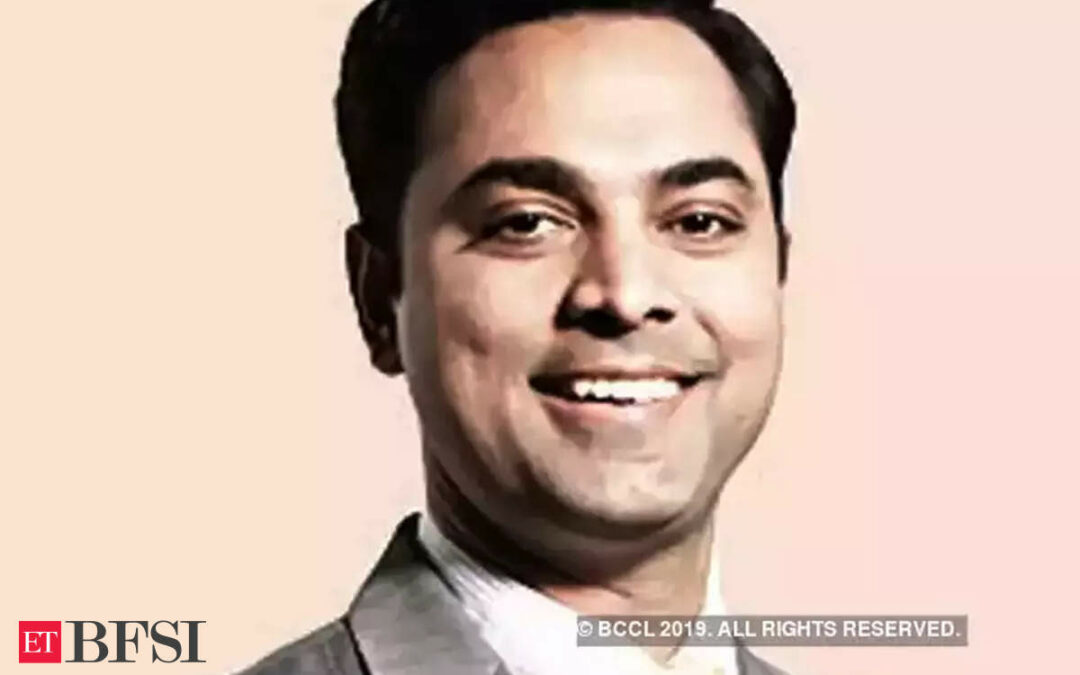India’s private sector needs to play its part to ensure a sustainable 8% real GDP growth, which would be key to achieve a $55 trillion economy by 2047, International Monetary Fund executive director Krishnamurthy Subramanian said.
The economist has projected the Indian economy to grow to $55 trillion by 2047, when the country would celebrate 100 years of Independence and detailed on how the country can achieve this in his book ‘India @ 100, Envisioning Tomorrow’s Economic Powerhouse’.
He said innovation and improving productivity by the private sector would be a key driver to achieve the target, besides formalisation of the economy and credit creation. To propel innovation, higher spending in R&D is important.
“In the advanced economies, if $100 is spent on R&D, two-third is spent by the private sector and one-third by the government. In India, it’s exactly the opposite. This is the area that people like you really need to focus on… if we have to catch up on productivity we have to reverse this ratio. We have a long way to go to catch up on productivity,” Subramanian told industry leaders in Kolkata, while delivering the third Suresh Neotia Memorial lecture.
The event was jointly organised by Suresh Neotia Centre of Excellence for Leadership and Confederation of Indian Industry.
In his address, Subramanian mentioned the need to increase credit delivery to individuals and private companies. In India, the private credit to GDP ratio was 58% in 2020 while the global average was 60% in 1960. “We are six decades behind in high quality credit creation. We need to give far more credit to SMEs (small and medium enterprises) because these are the units that create jobs and propel demand,” the former chief economic advisor to the Narendra Modi government said.
The economist also underscored the need for state governments to initiate reforms and take responsibility in taking the economy to the next level.
“There are challenges but leadership is about looking for opportunities in the challenges. There is enormous opportunity and in each one of the key drivers—formalisation of the economy, plugging the gaps in productivity and credit creation—we have already made good progress,” he said.
Having said so, the IMF economist reminded the audience that the impact of climate change and the geopolitical turmoil are the headwinds which India needs to weather in its quest to achieve an 8% real GDP growth on a durable basis.










